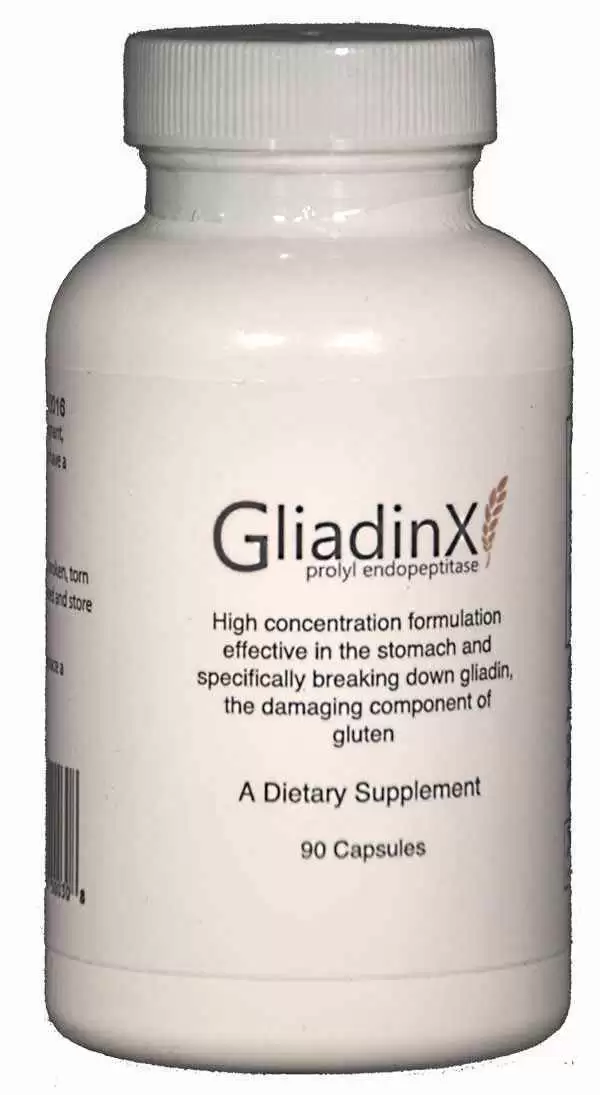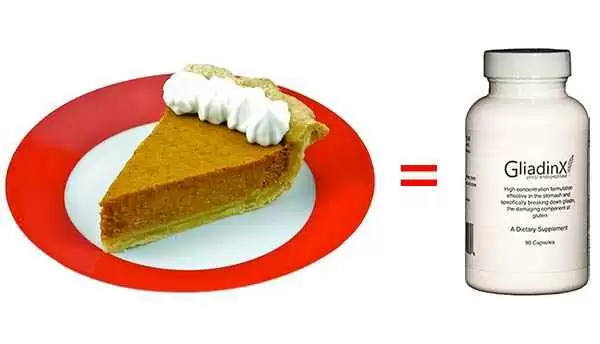
Celiac.com 09/05/2022 - According to studies, most people with celiac disease are exposed to gluten on a regular basis, even those who are trying to be diligent about avoiding gluten. For these people, eating gluten can trigger gastrointestinal symptoms and intestinal damage.
Anyone whose ever had that happen can testify to the unpleasant results, including the stomach pain, bloating, diarrhea, and other symptoms. Currently, there aren't too many options for celiacs who are exposed to small amounts of gluten, especially for those exposed on a regular basis.
Celiac.com Sponsor (A12):
A team of researchers recently set out to assess changes in the ratio of villus height to crypt depth in celiac patients exposed to 2g of gluten per day for 6 weeks, as part of a study on IMGX003 (Latiglutinase). On behalf of theCeliacShield Study Group, the research team included Joseph A. Murray; Jack A. Syage; Tsung-Teh Wu; Chaitan Khosla; and Jennifer A. Sealey-Voyksner.
They are variously affiliated with the Mayo Clinic, Gastroenterology and Hepatology in Rochester, MN; the Department of Laboratory Medicine and Pathology, Mayo Clinic, Rochester, MN; ImmunogenX, Inc., Newport Beach, CA; the Boston Biostatistics Research Foundation, Framingham, MA; Faculty of Medicine and Health Technology, Tampere University and Tampere University Hospital, Tampere, Finland; and Stanford University, Stanford, CA.
The team administered the double-blind, placebo-controlled gluten-challenge as part of a Phase 2 trial to assess the safety and efficacy of a 1,200 mg dose of IMGX003 in celiac patients exposed to 2 g of gluten per day for 6 weeks.
The team used ANCOVA to assess progress toward their main endpoint, which was a change in the ratio of villus height to crypt depth (Vh:celiac disease), along with secondary endpoints, which included densities of intraepithelial lymphocytes (IEL) and symptom severity. Tertiary endpoints included serology and gluten-immunogenic peptides (GIP) in urine.
Forty-three out of fifty randomized patients completed the challenge. Twenty one patients received IMGX003, while twenty-two received a placebo.
The results showed that IMGX003 reduced gluten-induced intestinal mucosal damage and symptom severity in celiac patients on a six week gluten challenge of 2 grams per day.
Drugs like IMGX003 could potentially play a role in receding symptoms and gut damage in people with celiac disease who are exposed to low amounts of gluten, especially through accidental exposure.
Still, we've seen promising drugs come and go, each falling by the wayside when they failed to deliver in clinical trials. Stay tuned for more on this and related stories.
Read more at gastrojournal.org










Recommended Comments
There are no comments to display.
Create an account or sign in to comment
You need to be a member in order to leave a comment
Create an account
Sign up for a new account in our community. It's easy!
Register a new accountSign in
Already have an account? Sign in here.
Sign In Now